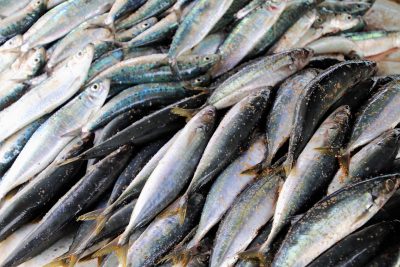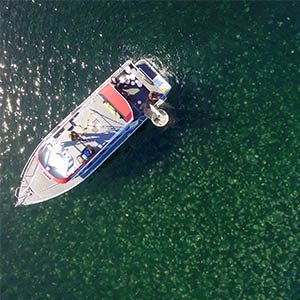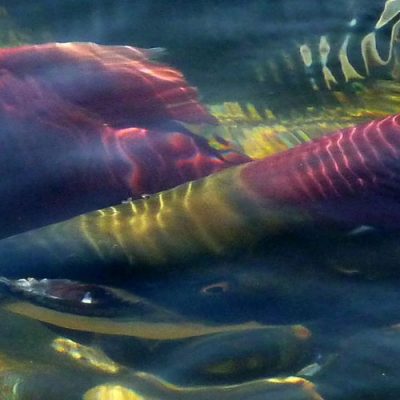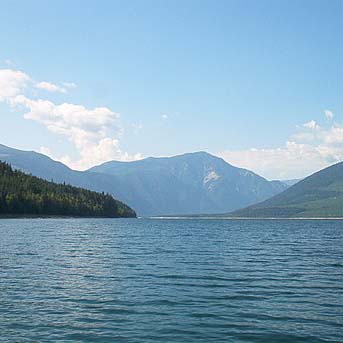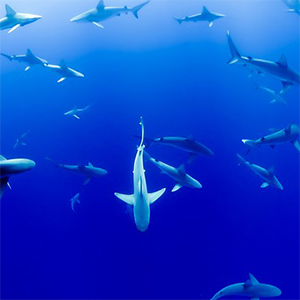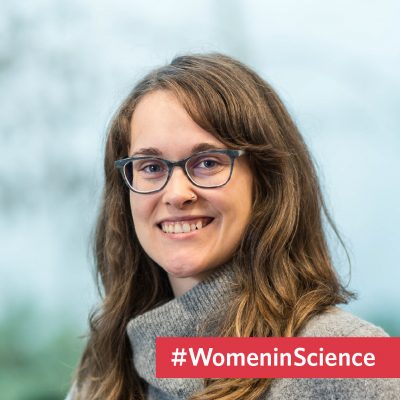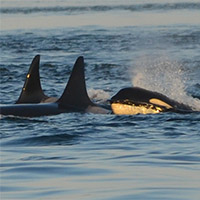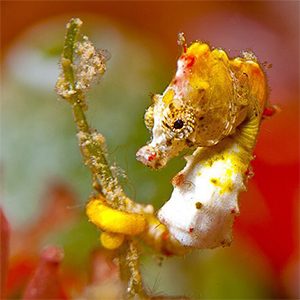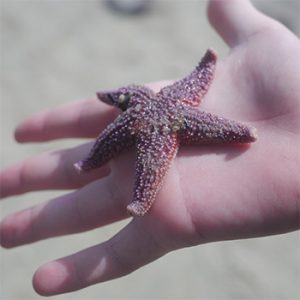Climate change will have an adverse impact on trophic amplification in marine food webs
Climate-driven changes in ocean environmental conditions — ocean warming, deoxygenation and acidification — are projected to affect the physiological functions of marine organisms, their geographic distributions, biological life cycles and total biomass.
Jellyfish size might influence their nutritional value, UBC study finds
Researchers confirmed what was already known: jellyfish eat bigger prey as they grow, which means they also occupy a higher position in the food web as they grow. They also found that some of the concentrations of ‘healthy fats,’ increase as jellyfish grow. These changes might be influenced by their diet, and as they feed on bigger prey with higher levels of fatty acids, the jellyfish accumulate more of these fatty acids.
BC is facing a steep decline in sockeye salmon
The sockeye population has been in decline for a century – since 1913, returns in the Skeena River have dropped by 75% – and while there are many factors at play, says Dr. William Cheung, “climate change is definitely one of them.”
5 things you can do to help BC’s marine ecosystems
In the face of declining fish stocks like sockeye salmon, marine heatwaves and massive coastal die-offs, it can sometimes feel as though protecting our ocean ecosystems is a hopeless task. But there are things we can do.
Kyra St. Pierre wins Banting Fellowship
The fellowship, for postdoctoral fellows, is to develop recipients’ leadership potential and is granted based on the applicant’s research excellence, the quality of their proposed research, and the match between the applicant and the strategic priorities of their academic institute.
Ecosystem modelling paints a devastating picture for top marine predators by 2099
Without effective carbon mitigation the ocean would lose 18% of animal biomass by 2099 relative to the present day.
Women in Science 2020 – Vanessa Fladmark
The only thing stopping you is you: once you get out of your own way an entire universe of possibilities opens up.
Protecting Canada’s endangered whales through scientific research and collaboration
Dr. Andrew Trites will receive $1 million over five years for research on Southern Resident Killer Whales
Project Seahorse and Guylian Belgian Chocolates celebrate 20 years of partnership
Guylian has created Belgian chocolates in the shape of seashells and seahorses and has been the major sustaining sponsor of Project Seahorse since 1999
Sea Stars: the Trilogy
Dr. Christopher Harley was co-author on a recent study looking at sea star wasting disease (SSWD). He discusses the impact on the British Columbia coastline.
